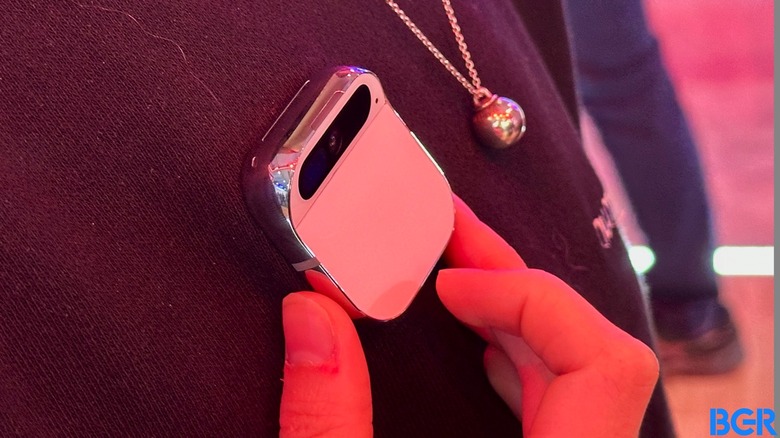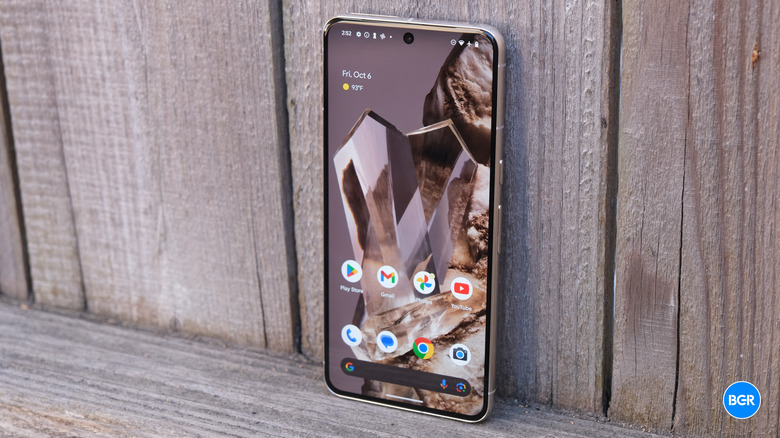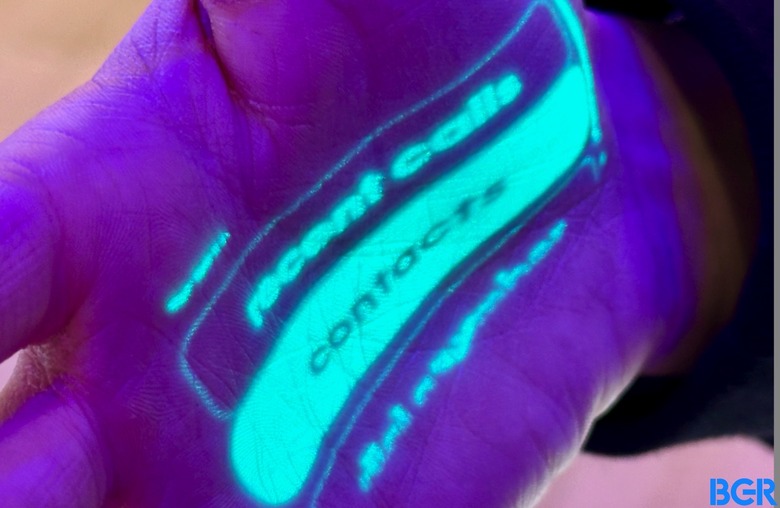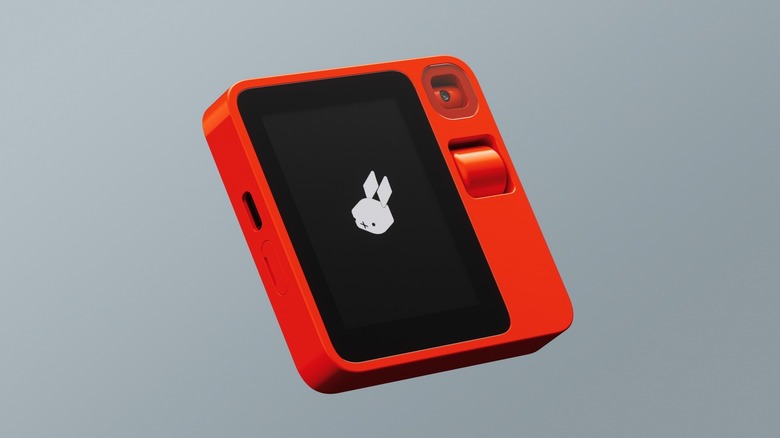What If The Groundbreaking 'iPhone AI' Is Just A Regular Old Phone?
Thank god for the Humane Ai Pin and Rabbit r1 launches this year. These "not-a-phone" gadgets are supposed to put AI front and center. But each of them represents a different type of failure. Yet I'm thankful for both of them, as they've opened our eyes to the reality of AI hardware: We have some neat-looking ideas out there, but they're all quite bad.
It's not just genAI models that aren't ready to deliver the kind of experiences these gadgets want to offer. The technology just isn't ready for a device that would let companies manufacture a small, internet-connected, always-on AI device with decent battery life and top specs.
This only makes me question whether the "iPhone of AI" — meaning the disruptive hardware that every company in the industry will have to chase — will have to look and behave like a regular old smartphone. Sam Altman and Jony Ive are supposedly working on the iPhone of artificial intelligence for ChatGPT, an AI gadget that reportedly needs financial backing of at least $1 billion to become a reality.
The personal AI experience
In a recent interview, OpenAI CEO Sam Altman described the ChatGPT AI experience I want in the near future. It's a personal AI assistant that would know stuff about me and help me with whatever I need at the time. Altman said the killer app for AI is a "super-competent colleague that knows absolutely everything about my whole life, every email, every conversation I've ever had but doesn't feel like an extension."
Altman also said in the same interview that such an AI experience would not necessarily require new hardware. But he teased that you'd love having specialized AI gadgets to become this personal AI assistant.
However, he made it clear that while he's a fan of hardware products in general, hardware is "far" from his expertise. Altman fell just short of teasing the ChatGPT hardware rumors we've heard, while also denying that he's making an AI gadget.
Meanwhile, Google is about to launch a $500 Pixel 8a phone that it will sell as an AI phone. It'll have all the AI features of the Pixel 8 phones, including Gemini support.
Separately, Apple CEO Tim Cook teased that the iPhone maker is serious about generative AI and it'll bring its own genAI experience to the table soon.
Let's also remember that Samsung used a big AI marketing angle for the Galaxy S24 series this year. That Galaxy AI set of features might have helped Samsung sell more flagship phones than last year.
What I'm trying to say is that we're no longer in the very early days of generative AI experiences. The big players in tech are transforming their hardware products to support genAI. That includes on-device AI experiences, more advanced models, and the early phases of personal AI.
Why Humane and Rabbit failed
Companies like OpenAI might have to get their AI products a hardware home soon. A home where ChatGPT will be baked into the software rather than being available as a third-party app.
Getting back to the Humane Ai Pin and Rabbit r1, I'll briefly explain why they're mostly disappointments for the time being. While I was impressed with the Ai Pin demos I got at MWC, reviewers who tested it were not impressed with the experience.
Battery life was a problem for a device that you have to wear all day. Also, the lack of a display is a glaring issue I noticed during the demo. Entering your account and password is annoying, and the Ai Pin could benefit from a display or fingerprint sensor. A larger footprint would also improve battery life.
The Rabbit r1 is an even bigger disappointment. It's got an original feature that none of the genAI products out there can replicate: the r1 can control (some) apps for you. It's a precursor of the personal AI experience I want.
But the r1 turned out to be an Android device. Since it's got a SIM slot, like the Ai Pin, it's practically an Android phone that can run one app.
All of that makes me wonder whether Altman and Ive can make a ground-breaking iPhone of artificial intelligence in the coming years without giving the product a smartphone design.
What would a ChatGPT device have to offer?
The Altman-Ive gadget would have to be large enough to pack a decent battery, and it would need fast 5G connectivity for cloud AI features. We're hardly in a place where a mobile device would be able to deliver Altman's sophisticated personal AI experience by processing everything on the device.
It would require a high-end camera to see what you see. The gadget would also need top-notch microphones and speakers so you can easily interact with the assistant by voice.
You'd also need a way to log into your accounts easily, and biometrics might be the obvious answer. Consider a fingerprint sensor or a 3D face recognition sensor.
I'll also say this gadget would need a display, even if it's on the smaller side, for all the actions that require showing you things.
Finally, you need an operating system that's fast and secure. It would run on a high-end chip combined with high-end memory and storage.
All of that will add up, so a ChatGPT device that can deliver personal AI experiences can't be cheap. That's something I touched on in the past. Mobile AI devices have to have high-end specs. And I'd be willing to pay for that.
You can easily see where I'm going with this. If the Altman-Ive project really takes off, I can't see how it will end up being anything but a smartphone. Even if it looks a bit different, it will likely have to offer all the same features as a regular old smartphone if it has any chance of succeeding.
Until then, the "iPhone of AI" might turn out to be Apple's iPhone, a Pixel, or a different Android phone. There's no telling how long it'll even take for a ChatGPT product to land in stores.



